Medrol 4 mg includes an active ingredient called methylprednisolone, which is a corticosteroid medicine. It is indicated for the treatment of various conditions represented by inflammation or other autoimmune diseases, which include arthritis, allergic reactions, skin conditions, and even specific cancers. Methylprednisolone suppresses the immune response and has anti-inflammatory action.
Key Features
How does Medrol Work?
- Medrol works through the binding of glucocorticoid receptors, which are essential in helping:
- Reduce inflammation by inhibiting the production of pro-inflammatory chemicals.
- Suppress the immune system*: By reducing the general activities of immune cells.
This leads to lessened inflammation, swelling, and pain in all the affected regions.
Side Effects
Common side effects associated with Medrol 4 mg are:
- Weight gain
- Mood swings
- Increased appetite
- Insomnia
- Nausea and vomiting
- Headache
- Dizziness
Serious side effects may include:
- Allergic reactions
- Increased risk of infections
- lymphocyte subsets end
- Osteoporosis
- Adrenal suppression
Uses of Medrol 4 mg
Medrol 4 mg is employed in the management of several inflammatory and autoimmune diseases, such as:
- Allergic Conditions: Severe allergies, asthma, and dermatitis
- Rheumatic Disorders: Rheumatoid arthritis, osteoarthritis, and ankylosing spondylitis
- Skin Disorders: Psoriasis, eczema, and dermatitis herpetiformis
- Eye Disorders: Inflammatory eye diseases
- Systemic Lupus Erythematosus (SLE): An autoimmune condition that may affect multiple organs
- Other Conditions: Acute gouty arthritis, bursitis, tenosynovitis, and epicondylitis
Dosage
The dosage of Medrol 4 mg varies depending upon the condition being treated. Usual doses include:
- Initial dose: 4-48 mg per day
- Maintenance dose: 4-12 mg per day
Interaction
- Other corticosteroids
- Anticoagulants (blood thinners)
- Diabetes drugs
- Live or attenuated vaccines
- Certain antibiotics and antifungals
Pharmacokinetics
- Absorption: Medrol is rapidly absorbed following oral administration.
- Metabolism: Medrol is metabolized in the liver.
- Excretion: Medrol is excreted in the urine.
Efficacy
- Anti-inflammatory effects: Medrol significantly decreases swelling and inflammation in many conditions such as arthritis, allergic reactions, and skin diseases.
- Immunosuppressive effects: It prevents the immune system from responding to normal stimuli, thus being effective in the treatment of autoimmune diseases such as rheumatoid arthritis and lupus.
- Quick action: Medrol acts relatively quickly, sometimes within days or hours, depending on what it is used for.
Safety
- Frequent side effects: Facial flushing, local pain or swelling on injection, mood changes, insomnia, and increased appetite.
- Less frequent but serious hazards: Immunosuppression and predisposition to infection, gastrointestinal ulcers or bleeding, hypertension, hyperglycaemia, adrenal suppression, and osteoporosis.
- Contraindications: Fungal infections, idiopathic thrombocytopenic purpura, and established hypersensitivity to corticosteroids.
Precautions
- Pregnancy and lactation: Use with caution; Medrol may be harmful to the fetus or baby. Infections: Medrol can increase the risk of infections or the worsening of existing infections.
- Osteoporosis: The use of Medrol for an extended period can result in osteoporosis.
Conclusion
Medrol 4 mg is a corticosteroid medication, important in treating various inflammatory and autoimmune conditions. While it can be effective, it’s essential to follow the recommended dosage and be aware of potential side effects and interactions.
References
https://www.ncbi.nlm.nih.gov/books/NBK544340/
https://pubchem.ncbi.nlm.nih.gov/compound/Methylprednisolone-Acetate

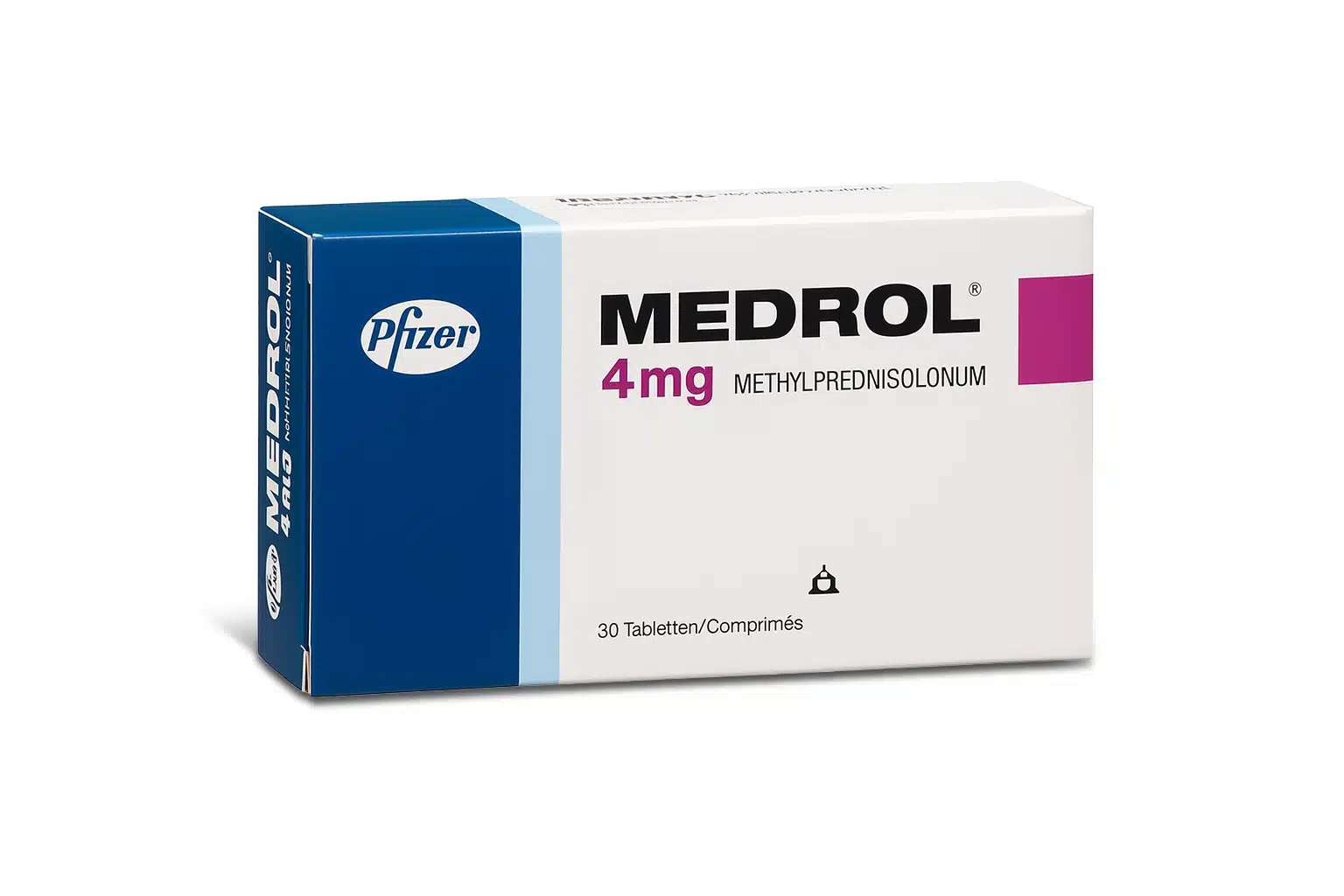
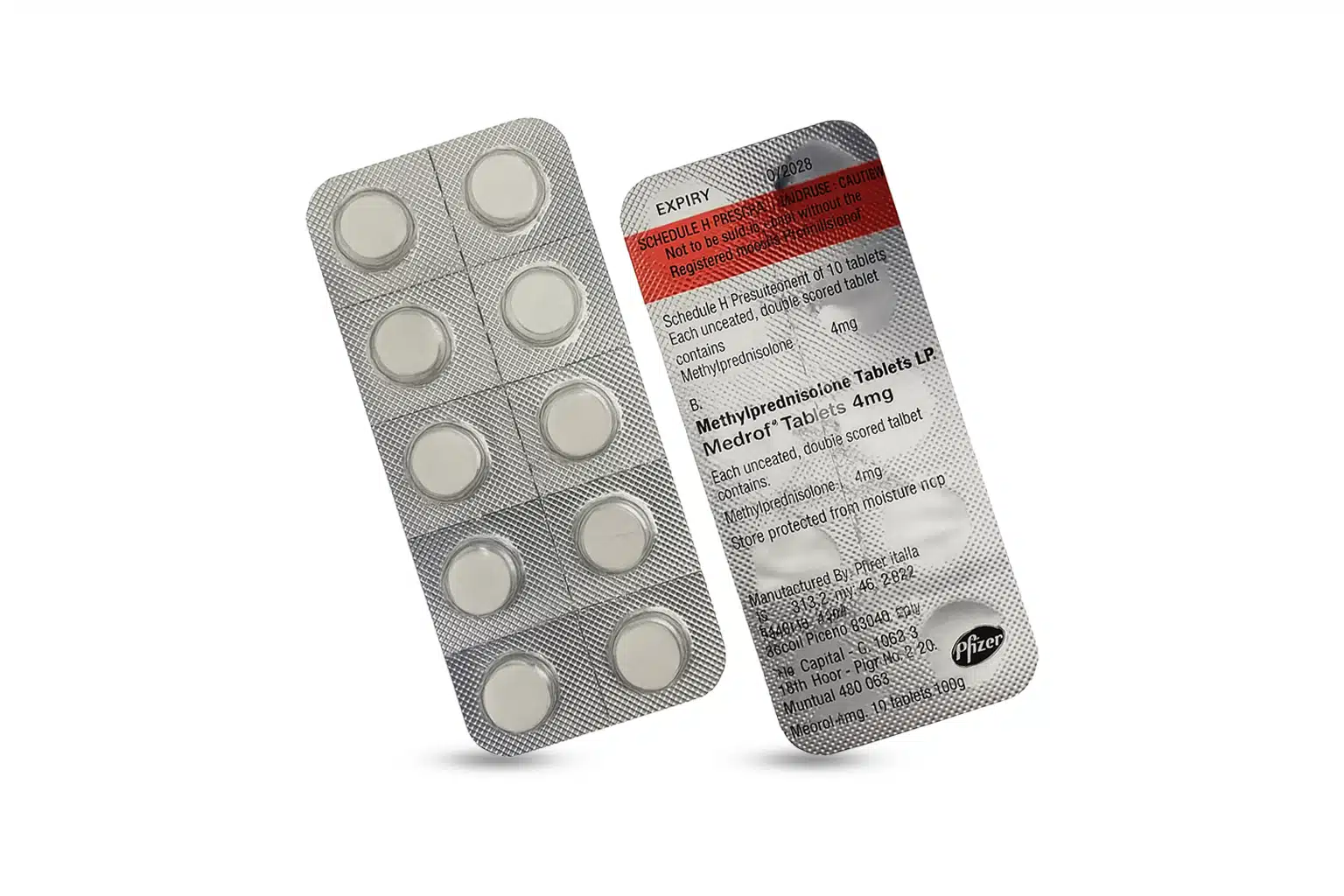
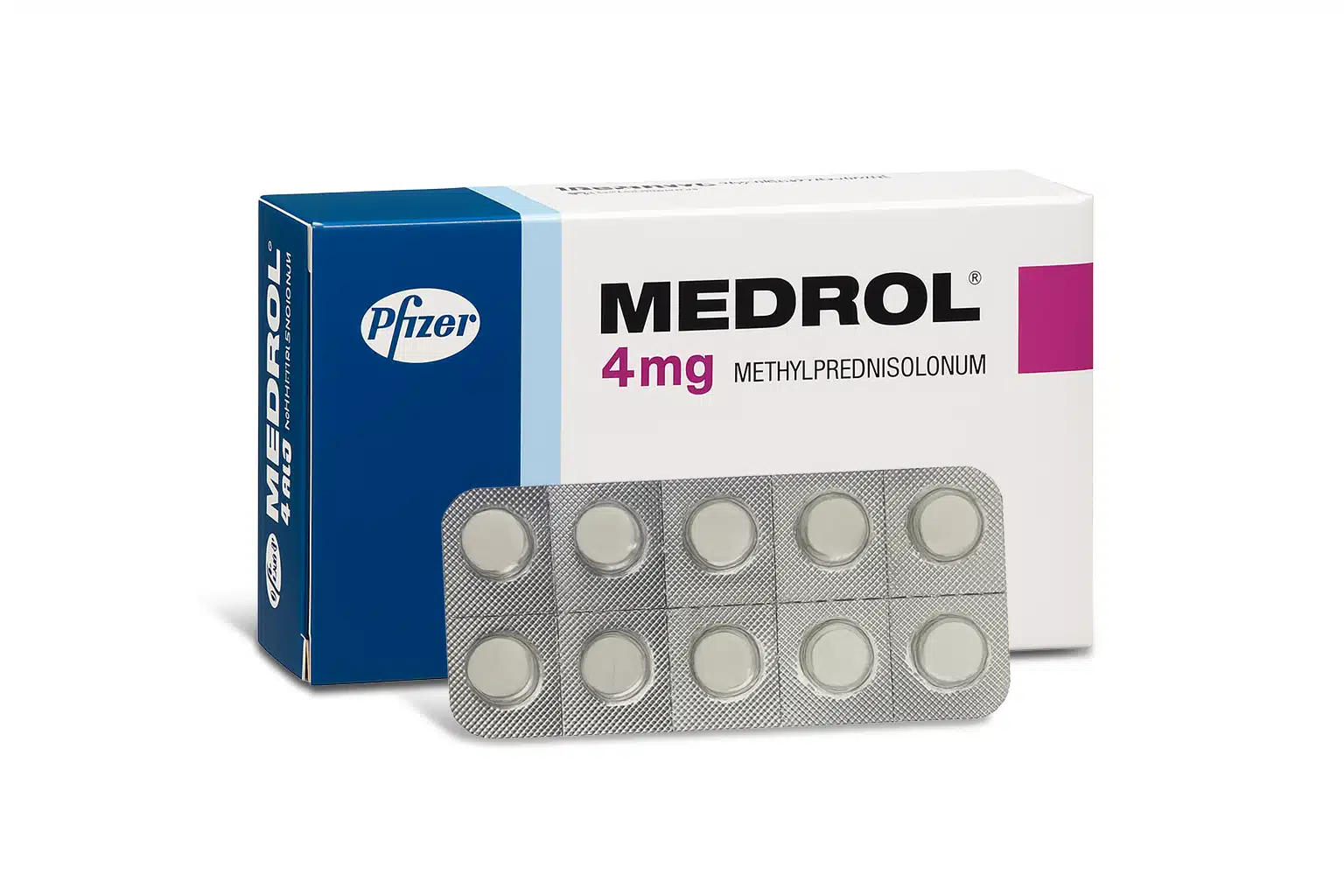
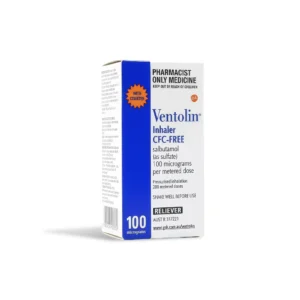
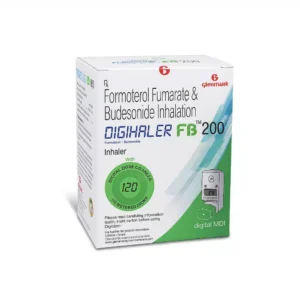
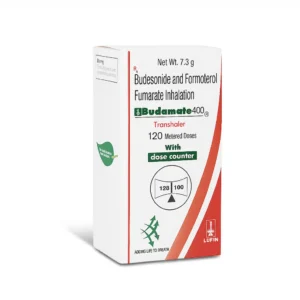
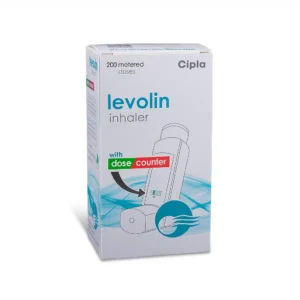
William Scott –
Helped my swelling and breathing. Had to taper slowly as per doctor